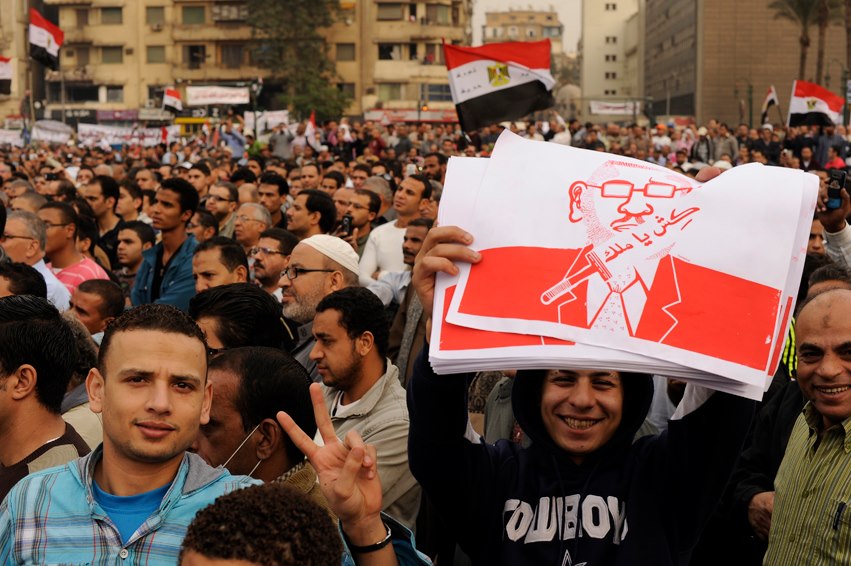Massive protests have taken place in several Egyptian cities against the president’s moves last Thursday to grant himself extensive new powers. Read more on BBC.
NAI researcher Maria Malmström talks to anthropologist Samuel Schielke about the protests in Egypt.
− The latest events have positive potential to strengthen the presence and power of a strong opposition. But they also have destructive potential in an increasingly polarised political situation. Supporters of the Muslim Brotherhood I met last month often expressed the feeling that they are under attack from all sides

Tahrir against Morsi’s decree. Courtesy of Hanna Sistek
by forces that hate Islam. They are bound to see themselves as victims of today’s events, and this carries the risk of radicalising them, making them only more determined to push matters their way, whatever the cost, says Samuel Schielke.
– The collective anger that the vast majority of people in Egypt have been feeling since last Thursday can be a unifying force that all parts of the political opposition can rally around. Furthermore, one thing seems clear, Egyptians of today – both pro- and anti-Morsi – will not accept a new dictator, says NAI researcher Maria Malmström. Continue reading

